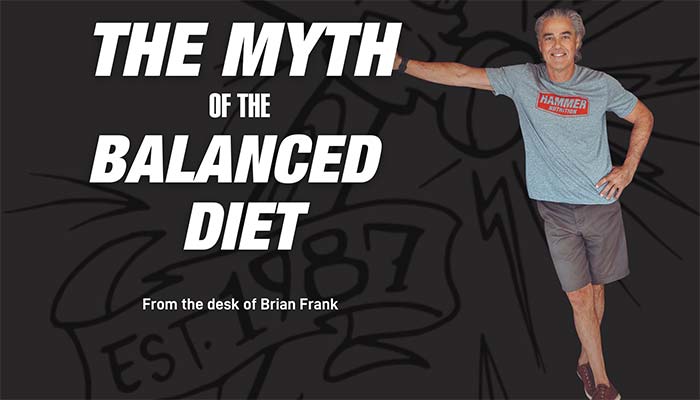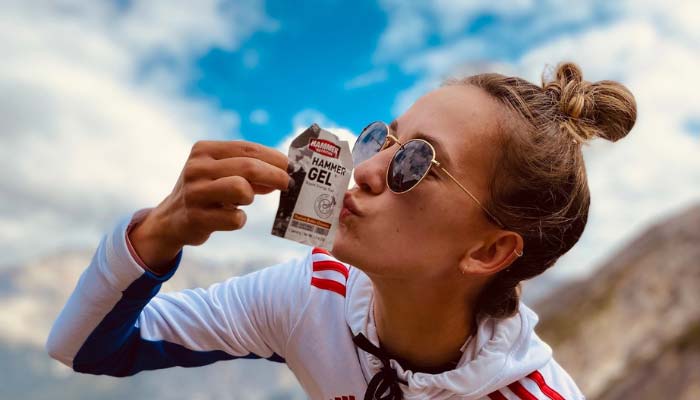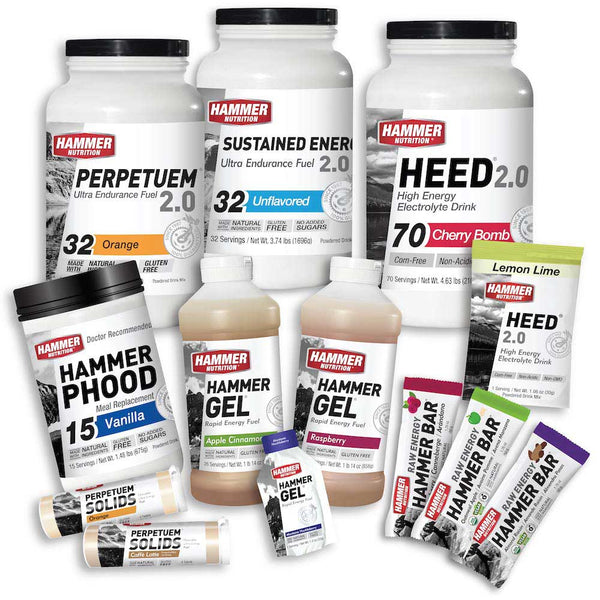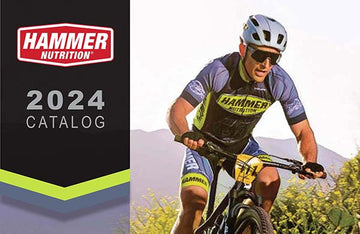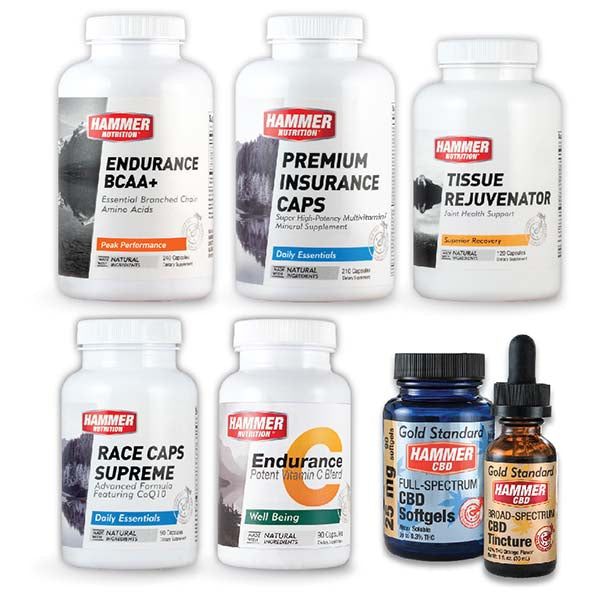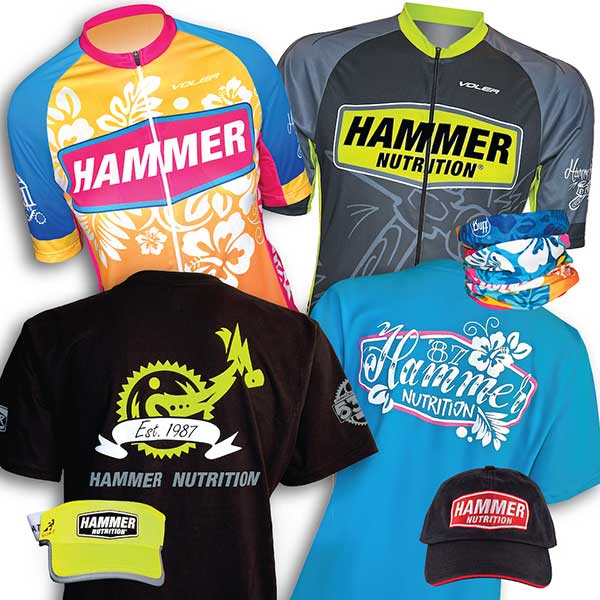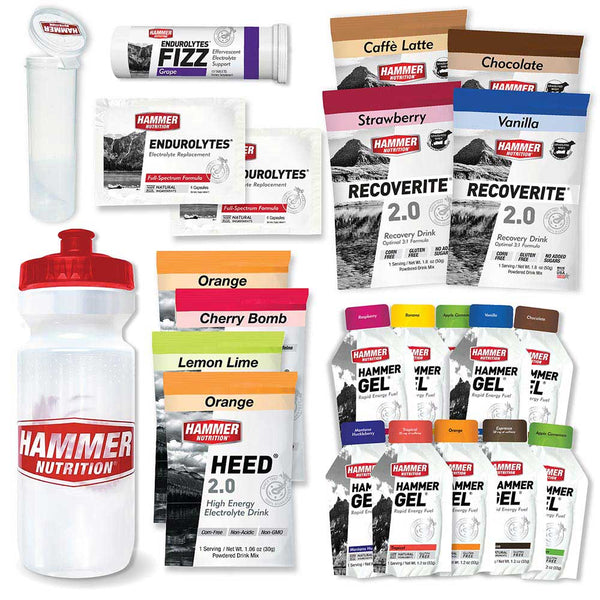BY STEVE BORN
Supporting our immune systems and staying healthy was our top priority last year. And while we’re all hoping that circumstances improve drastically in 2021, maintaining strong immunity will remain important this year and every year. Keep in mind that cold and flu season is still going strong (and rears its head annually) so it’s key to take every step you can to defend yourself from sick days and stay healthy right now.
Eating the healthiest diet possible—whole fruits and vegetables, low sodium, minimal-to-no refined sugar, avoiding artificial ingredients—and drinking sufficient amounts of pure, clean water is where you start on your “staying healthy” journey. Then, to ensure that you’re getting the optimal amounts of nutrients—bridging the gap between what your diet is supplying and what you REALLY need—a high-quality multivitamin/mineral supplement is the logical next step.
Now, even though the “clean diet + sufficient water + multivitamin/mineral” combination is the ideal way to make sure you’re covering your nutritional bases, many people don’t take a multivitamin/mineral supplement for two main reasons:
1. They believe that they’re already eating a healthy diet.
2. They consider a multivitamin to be boring and won’t do anything to boost athletic performance.
The first reason is incorrect for a number of reasons; here is but one of them:
Studies show that food alone does not supply all the micronutrients we need to prevent deficiency, let alone achieve optimal health. Nutritional scientist, Bruce Ames, bluntly states, “Inadequate dietary intakes of vitamins and minerals are widespread, most likely due to excessive consumption of energy-rich, micronutrient-poor, refined food. Inadequate intakes may result in chronic metabolic disruption, including mitochondrial decay.” Another study concluded: “Nearly the entire U.S. population consumes a diet that is not on par with recommendations.” [1]
Bottom line is that your diet isn’t covering all of your true nutrient needs. Not even close. See the article “The Balanced Diet Myth and the Case for Supplementation” for more.
The second reason doesn’t really cut it because though taking a multivitamin/mineral supplement may not, in and of itself, allow you to “take 10 minutes off my marathon time” (as an example), it does fill in nutrient in the gaps that exist in your diet. And that’s crucial to improved athletic performance.
Providing your body with adequate supplies of vitamins and minerals is similar to pouring a strong foundation when building a house. Without a strong foundation, the house will lack structural integrity. Similarly, without adequate vitamins and minerals, many of your important bodily systems (especially your immune system) will not have the support needed to function properly. At the very least, this means you won't get the full value from all of the hard work you put into your training. It could also very well result in a compromised immune system, which is definitely something to avoid, as that could translate into missed training days due to being sick.
Speaking of “being sick,” recent research has shown that compared to study participants taking a placebo, the participants who took a multivitamin/mineral supplement had a 60+% reduction in the number of sick days! Additionally, those same participants also reported fewer and milder illness-related symptoms if they did get sick. [2] That’s impressive and we discuss this important research in more detail at https://www.hammernutrition.com/blog/new-research
These reasons are why I unhesitatingly recommend making Premium Insurance Caps a part of your daily routine. Along with your efforts to consume the healthiest diet possible, Premium Insurance Caps will ensure that you’re getting optimal amounts of vitamins, minerals, and key auxiliary nutrients—not minimal and insignificant Daily Value or Recommended Daily Allowance amounts—but amounts that will have a noticeably positive impact on your health.
REFERENCES:
[1] https://www.ncbi.nlm.nih.gov/pmc/articles/PMC1693790/
[2] https://www.mdpi.com/2072-6643/12/8/2447/htm



